A Conversation with a Local Electric Car Owner
By the Camrose Green Action Committee
An EV owner's perspective:
Electric vehicle sales are increasing, and many people are wondering if their next vehicle should be electric. We spoke with local resident Stacey Wall about her 2021 Hyundai Kona EV, which she has owned for one year, long enough to know the car, short enough for it to still be fresh. We wanted to know how she felt about her electric car.
1. Before you purchased your EV, what questions did you have about making the switch to an EV?
I didn’t have too many questions, as I had done a lot of research on electric cars. However, my biggest question was how far I could go on a single charge. I did a lot of research into which vehicles offered the best range but were not too expensive.
2. What were your first impressions when you started driving your EV?
My first impression was that it looked and acted the same as a gas vehicle. Other than it made almost no noise, it was hard to tell that it was an electric vehicle.
3. Did anything surprise you when you first drove your EV?
I was surprised at how quick and responsive it was, more so than my gas vehicle. When you put your foot on the pedal there is no delay in power being sent to the tires. When you take your foot off the pedal there is also an immediate reaction, you can feel the power cutting out right away.
4. Where do you normally charge your car?
I charge it at home in my garage with the charger we installed. All we needed was a welder’s plug, which we had, so we bought a charger online and just plugged it in.
5. How often do you charge your car?
When I drive it to work in Wetaskiwin, I charge it every couple of days. But if I am just driving around town, I only need to charge it once every week or two.
6. Can you drive your car to Edmonton and back without having to recharge?
I actually bought the car when I was going to school in Edmonton 5 days a week. I can make two full trips to Edmonton and home before I need to charge it.
7. Can you keep your car warm in the winter?
Being warm is the best part of having an EV car. I remember working a 12-hour shift in Edmonton when it was -45oC. Everyone at work kept going out to their vehicles every few hours to start them. I left my car out in the cold for the full 12 hours. When my shift was done, I got in my car, turned it on with no problems, put the heat on full blast and the car was warm within a few minutes. Meanwhile my colleagues had to run their gas vehicle for 15-20 minutes before they were able to drive home.
8. Is it inconvenient to recharge on the road when traveling a long distance?
I have not done too much long-distance driving (aside from going to Edmonton), but I have not had any problems. If I go to a quick charge station, I can get a full charge in 30 minutes. This gives me time to stretch my legs, go to the washroom, or get a snack.
9. Can you compare the cost of operating your EV with the cost of operating a conventional gasoline powered car?
I can go between 400-420km on a full charge. A full charge costs me about $8 in electricity when I change at home. To go 400km with my gas vehicle is about $80.
10. What questions do other people ask you about your EV?
Lots of people ask me if I can drive to Edmonton or other areas outside Camrose. The other question they ask me is how much it costs to buy. I love answering this question because I think many people see electric cars as Teslas, which are expensive, but there are many other companies now that make really good electric vehicles, and do not cost more than a gas vehicle.
11. Do you think there are some things that most people don’t understand about EVs?
People seem to think that electric cars are a major inconvenience or that they are not reliable. People often tell me they don’t want an electric vehicle because they are worried about what they would do if they broke down or run out of charge. I find these comments a little frustrating, because first of all I make sure I have enough charge to go where I need to get (just like you would make sure you have enough gas) and if I broke down, I would do what I would do if I was driving a gas car; I would call a tow truck or a friend to come get me.
12. Are there things about conventional gas vehicles that you miss now that you have an EV?
Nope. I am actually trying hard to think if there is anything I miss and I just can’t think of anything. Honestly, I love my electric car and cannot wait to get an electric truck to replace our other vehicle.
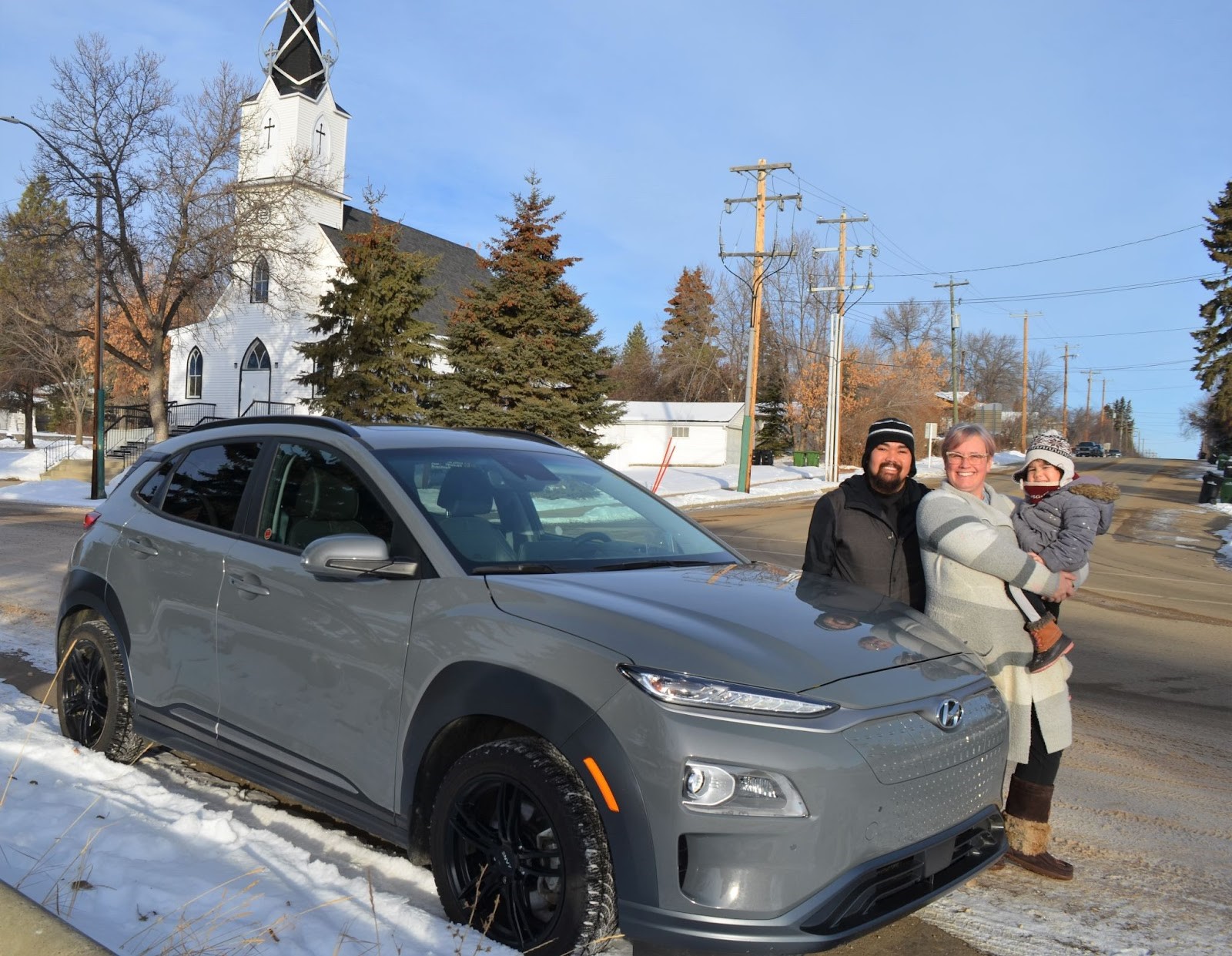
More about charging your EV on longer journeys
Pam Stacey and Glen Heegaard bought a small electric car in the summer of 2021. Here’s what they have to say about longer distance travel with an EV.
We’ve really enjoyed our trips with our EV. We use an app on our phone that tells us where to find chargers, how fast they charge, the cost, and whether they’re working/available. You definitely have to do more trip planning with an EV. However, we’ve seen a big increase in the number of fast charging stations available this past year. This summer we were able to travel easily to central Saskatchewan whereas last summer we didn’t take the EV because it wasn’t really feasible. We’ve found it easy to travel around BC and in Alberta south of Edmonton. Some chargers are free, but otherwise a typical battery charge from 20% to 80% at a fast (level 3) charger costs about $20, takes about 40 minutes, and gives us about 300 km of range in the summer and about 250 km in the winter. Charging is a welcome break from driving, and we can take a walk, read, or have a picnic. In winter we can stay warm in the car with the heat on. Often there are stores and restaurants nearby. We’ve found that many hotels have installed overnight (level 2) chargers, like the one we have in our garage at home. At a campground or someone’s house you can plug in to a regular electrical outlet to slow charge (level 1). If you’re there for a couple of days, you’ll have a full charge when you leave! Overall, we’re really happy with our quiet, fun and cheaper-to-drive EV!
A mechanic’s perspective:
Eric Elliott has been servicing automobiles in Camrose since 1983. We asked Eric for his opinions about electric vehicles.
What kind of routine maintenance do you need to do on an electric vehicle? How will the maintenance costs compare to a regular vehicle?
Some of the routine maintenance is going to be very similar to what we would do for a gasoline vehicle such as changing tires for the seasons, and looking after the brakes, steering and suspension. However, oil changes aren’t required for EVs as they don’t have engine oil. There will be gear oil or fluid to be changed, but that only needs attention about every 100,000 km. EVs have so many fewer moving parts compared to regular vehicles that routine maintenance is less and therefore the cost to the owner is substantially reduced.
Can I take my EV to my local mechanic, or will I have to take it to a bigger centre like Edmonton?
This depends on your mechanic and their knowledge base and what your EV is requiring. Most typical maintenance mentioned above should be able to happen with your local mechanic. However, more involved repairs will probably have to be done at your dealer in a bigger centre if your community doesn’t have one.
Is it easy to get replacement parts for an EV? Are they a lot more expensive?
It’s too soon to tell for some components. Other parts are easy to get through standard suppliers. It really depends on the make of your EV. Just like gasoline vehicles, some parts are easily available and affordable, but for higher end luxury cars, they are expensive and can only be obtained through certain channels.
I don't want a fickle vehicle. Are EVs reliable?
EVs have way fewer moving parts so there is less to go wrong in some respects. Are they all reliable? Just like any other vehicles, there are good ones and there are lemons. Doing your research is important before you purchase any type of vehicle. Both types will have parallel problems, so you have to weigh out what is right for your individual needs and financial situation.
Other things of interest
A study was done in 2022 by Clean Energy Canada to compare the cost of operating an electric vehicle with the cost of operating a similar internal combustion vehicle. The result was that in almost all cases it was cheaper to operate the electric vehicle. View the full study by Clean Energy Canada.
This year in Norway, about 85% of new vehicle sales are electric. As a result, Norway’s cities are quieter and have healthier air. Learn more about electric vehicles in Norway.
Many electric vehicles now have bidirectional charging. That means that if your car is plugged in, electricity can come into the battery for charging, or out for powering something else. For example, if you have solar panels, you could charge your car for free on a sunny day and run your house from your car battery during the night. Typically, an EV battery would run a house for about three days. This gives the homeowner a big economic benefit.

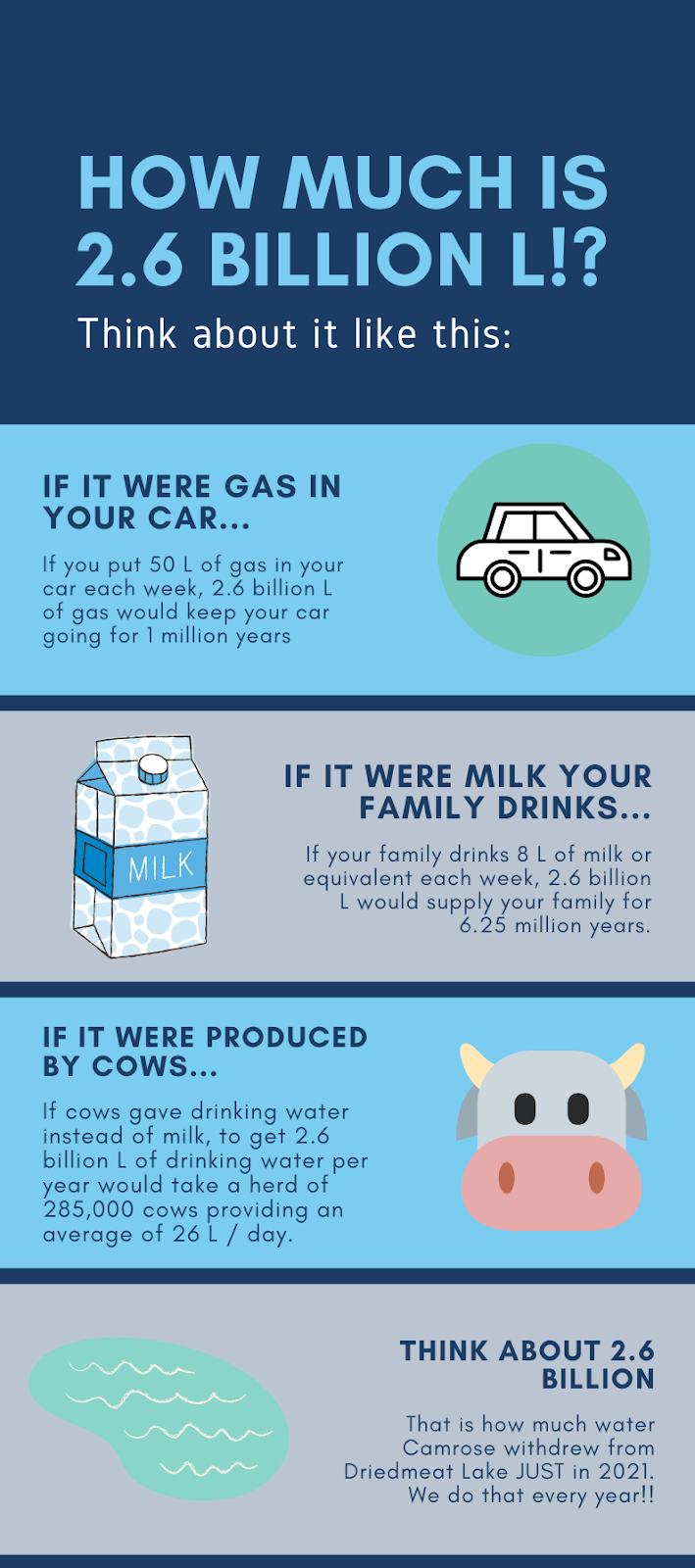
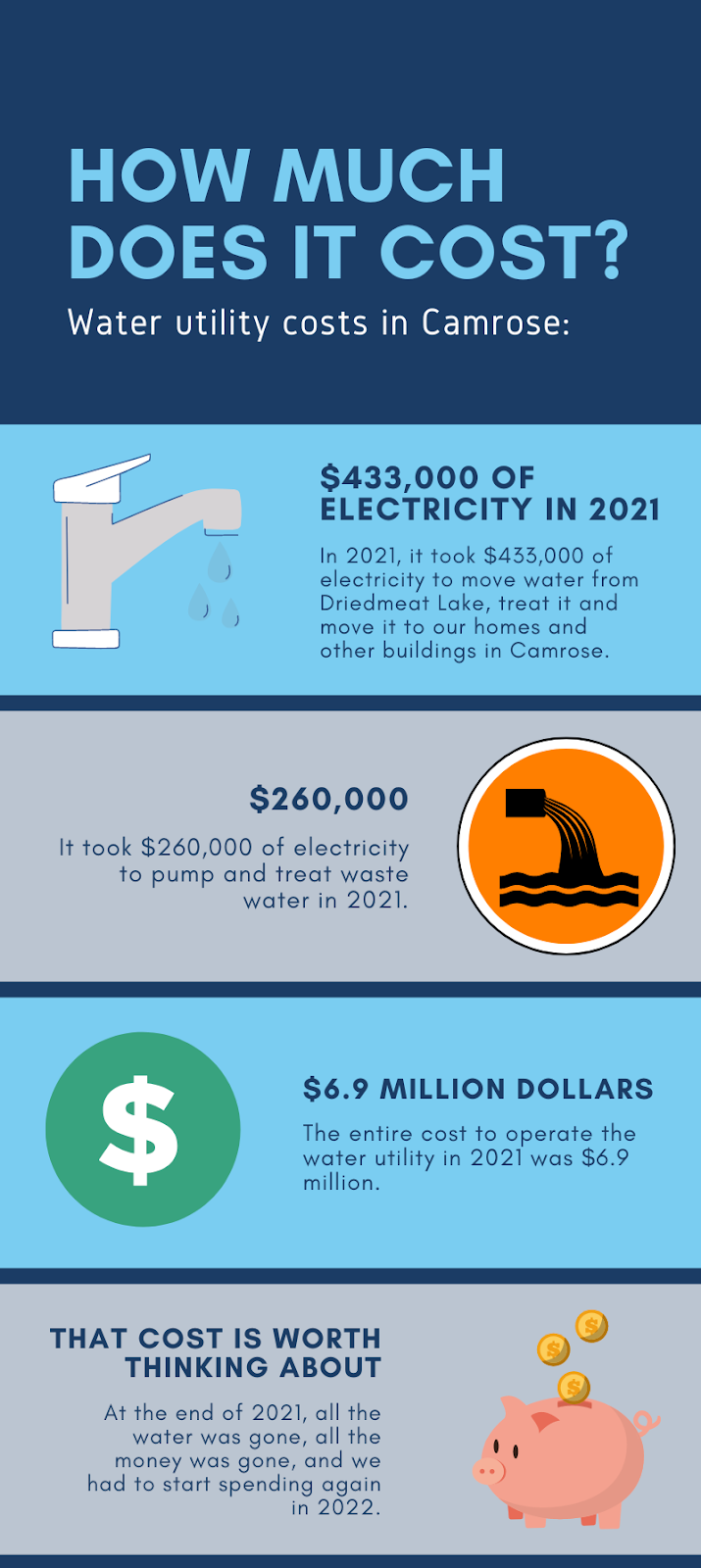
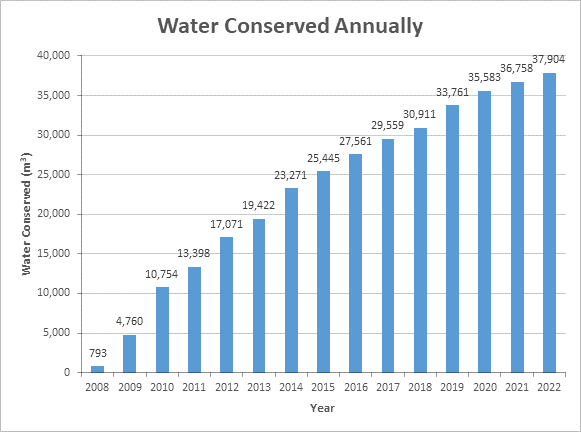
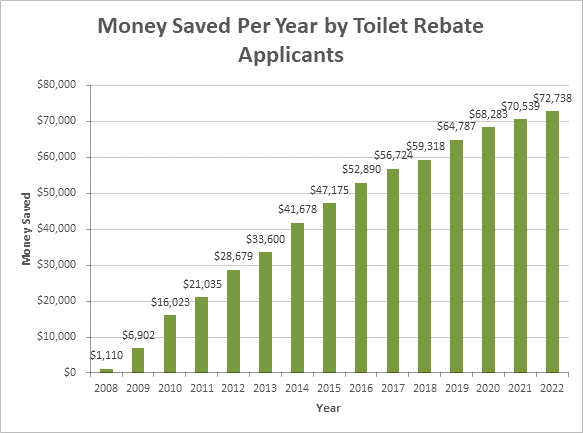
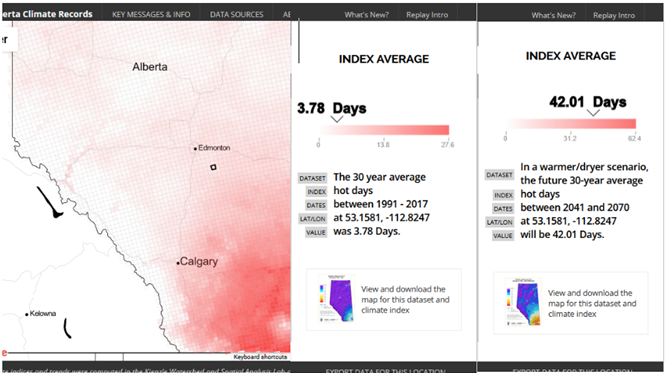
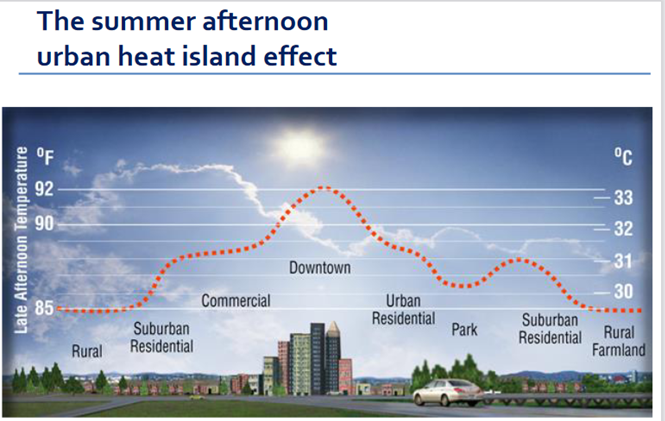





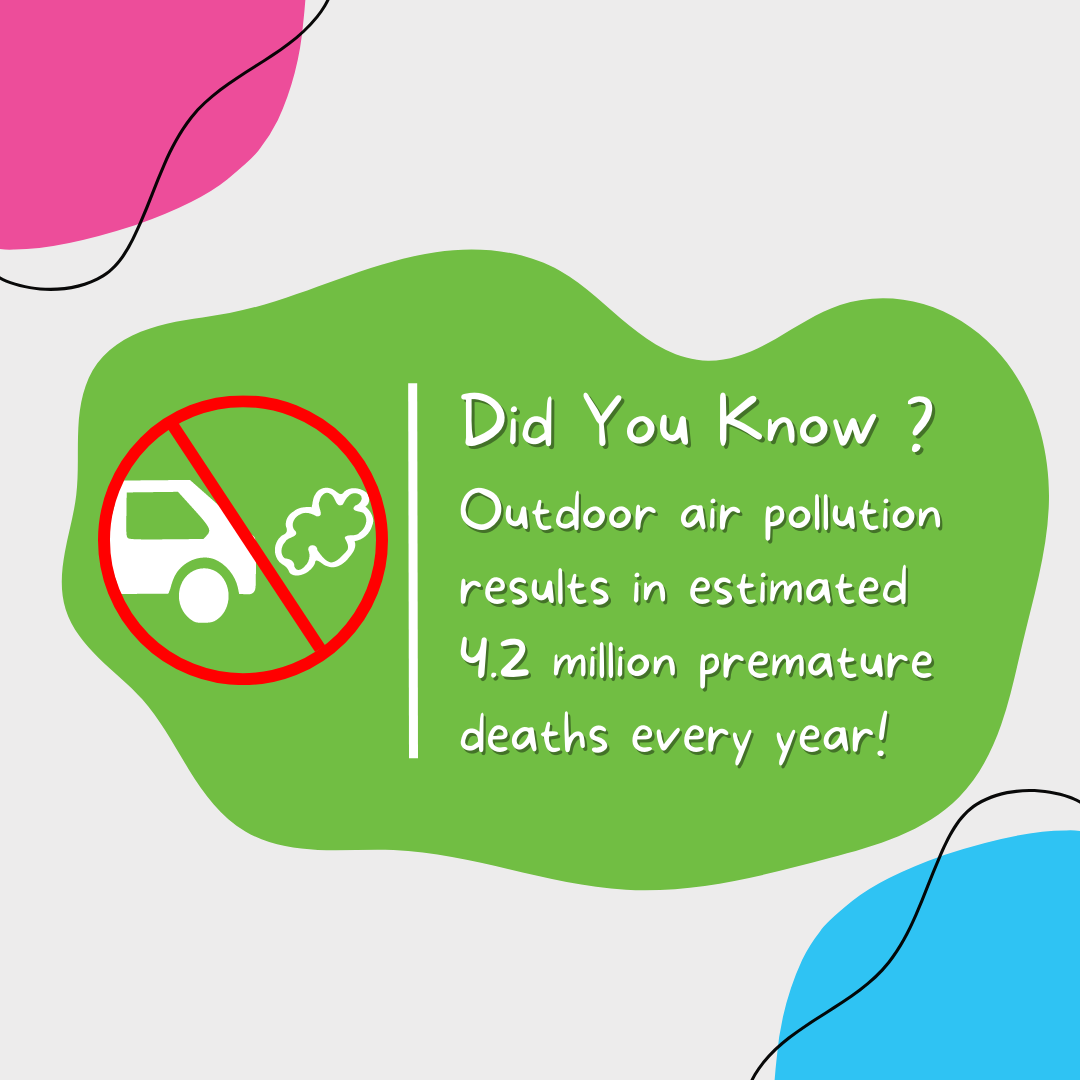

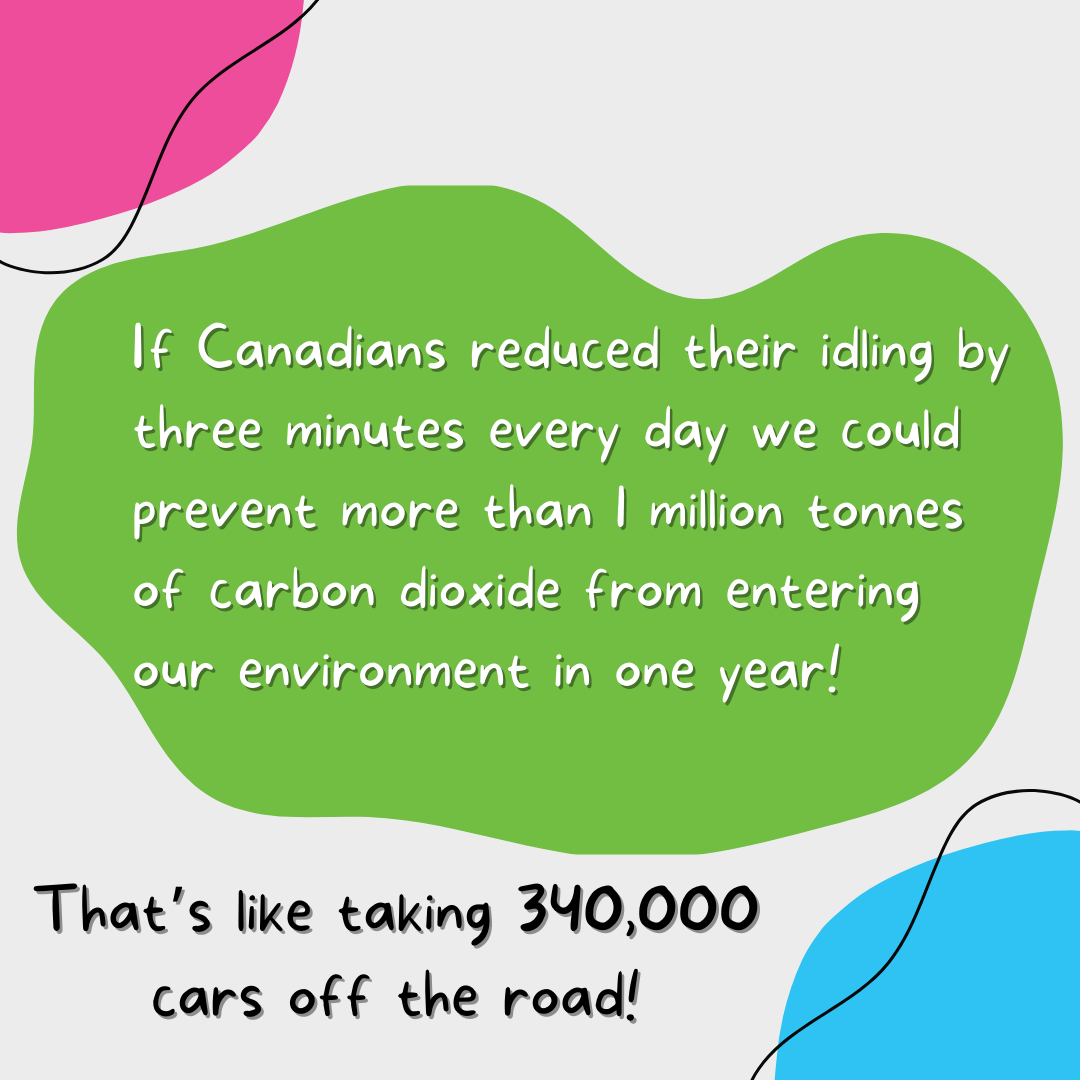 Gas-powered lawn mowers, snow blowers, and leaf blowers are also a significant source of pollution, as they don’t have filters to capture many of the pollutants, and those with two-stroke engines burn an oil/gas mixture that is more polluting than burning gas alone. One hour of leaf blower use can result in the amount of pollution produced by driving 1,800 km
Gas-powered lawn mowers, snow blowers, and leaf blowers are also a significant source of pollution, as they don’t have filters to capture many of the pollutants, and those with two-stroke engines burn an oil/gas mixture that is more polluting than burning gas alone. One hour of leaf blower use can result in the amount of pollution produced by driving 1,800 km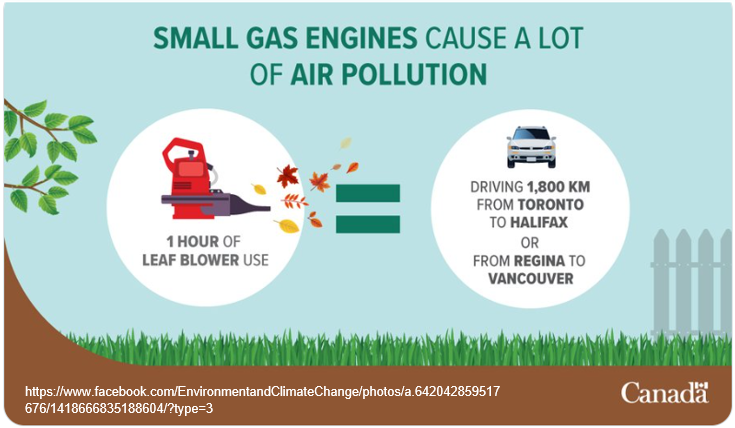

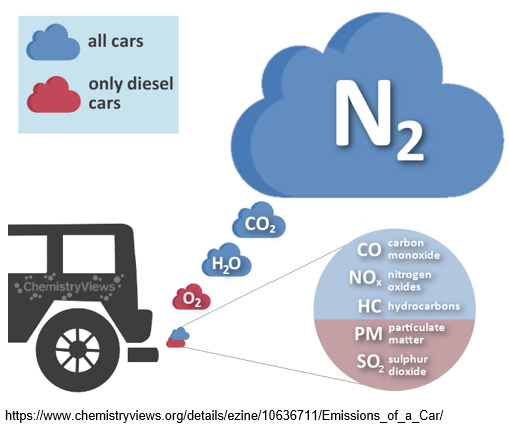
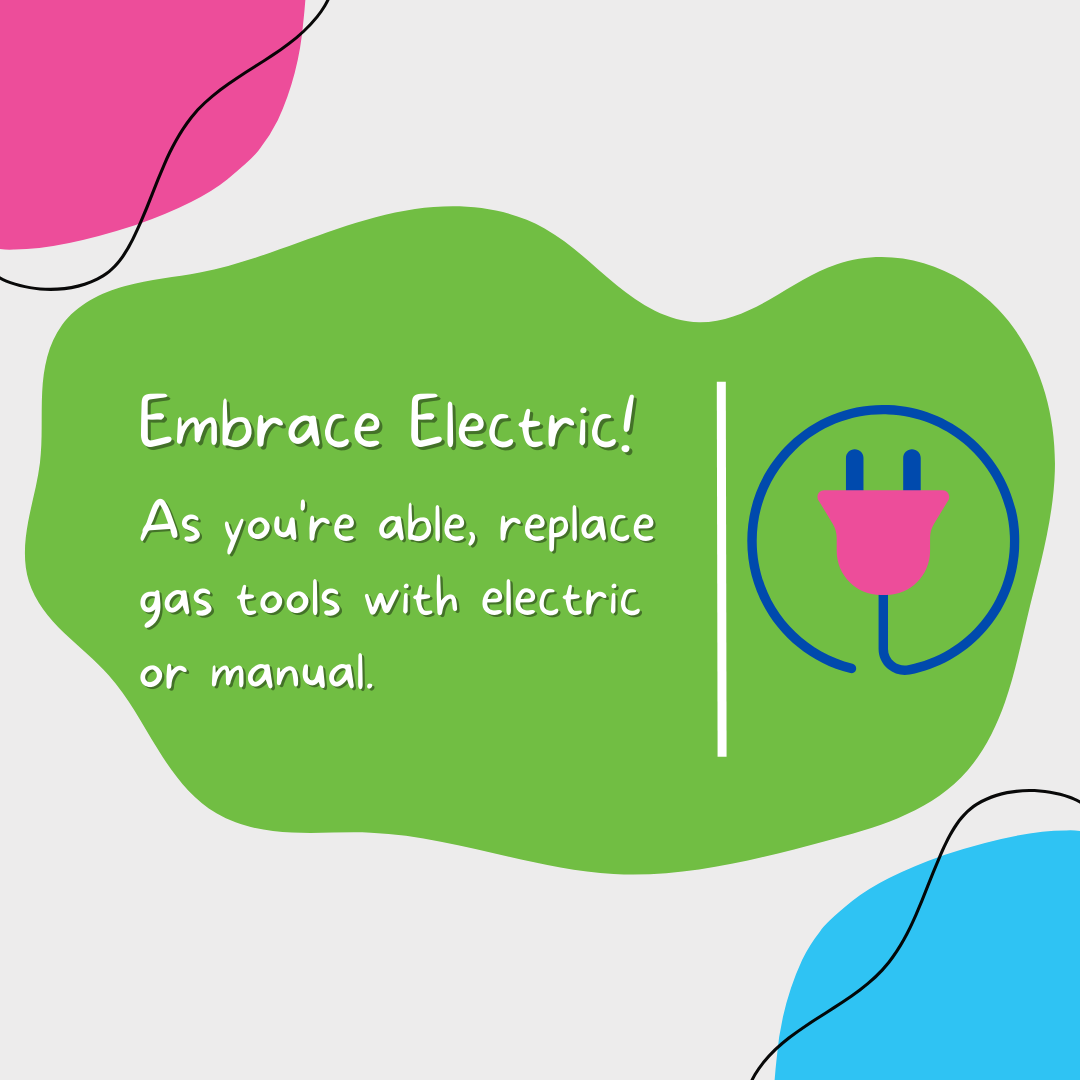
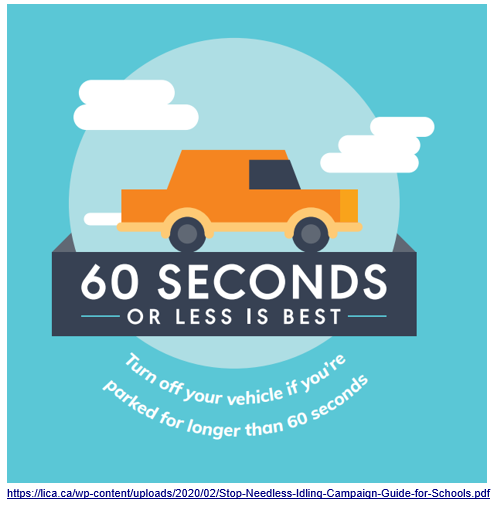

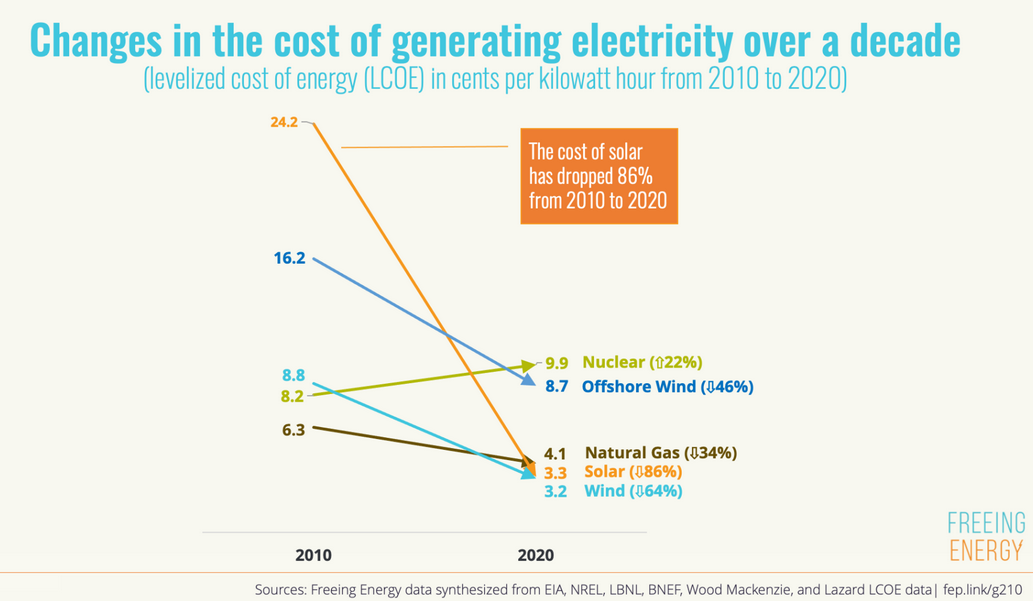
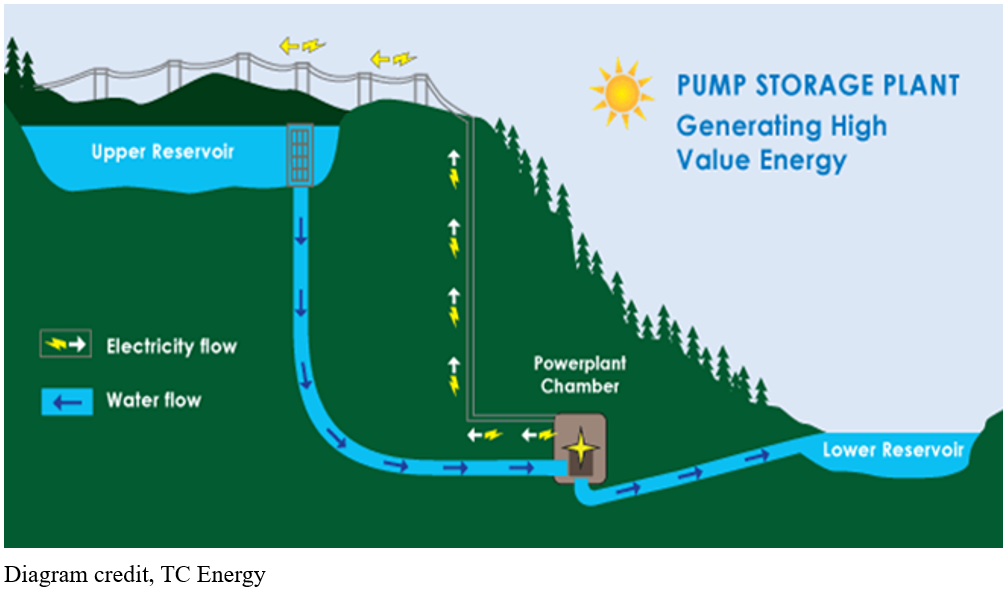
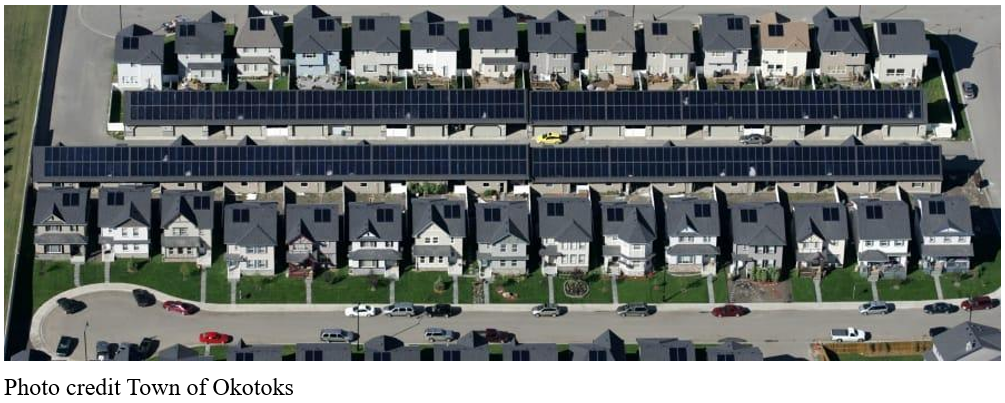

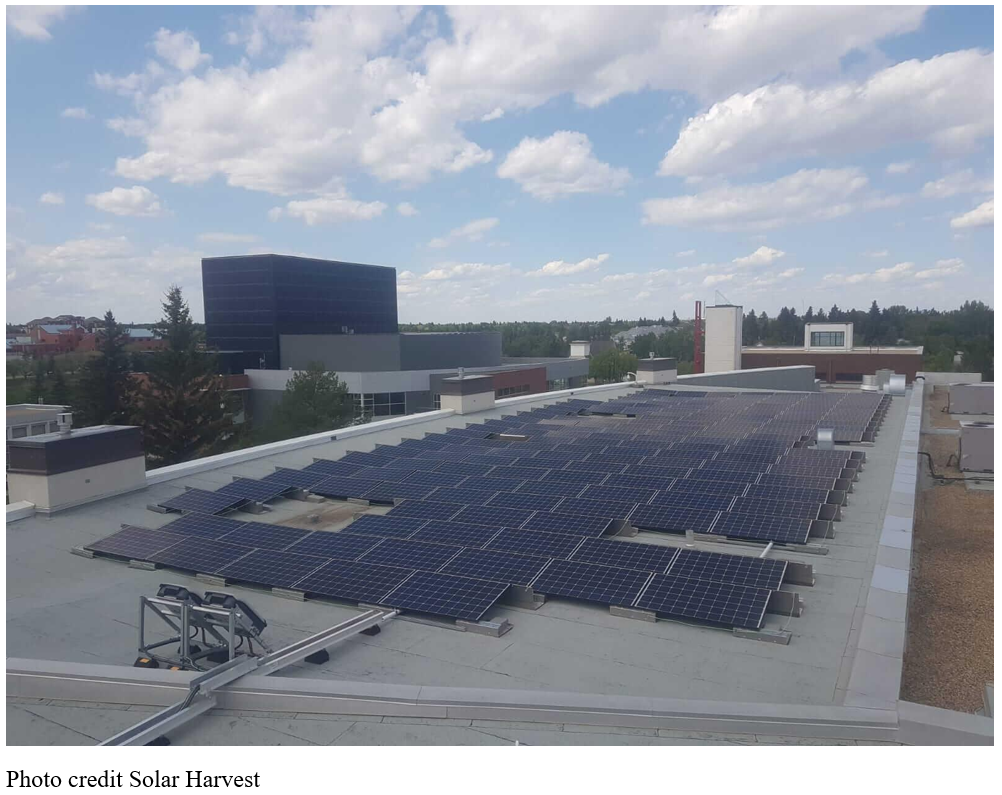
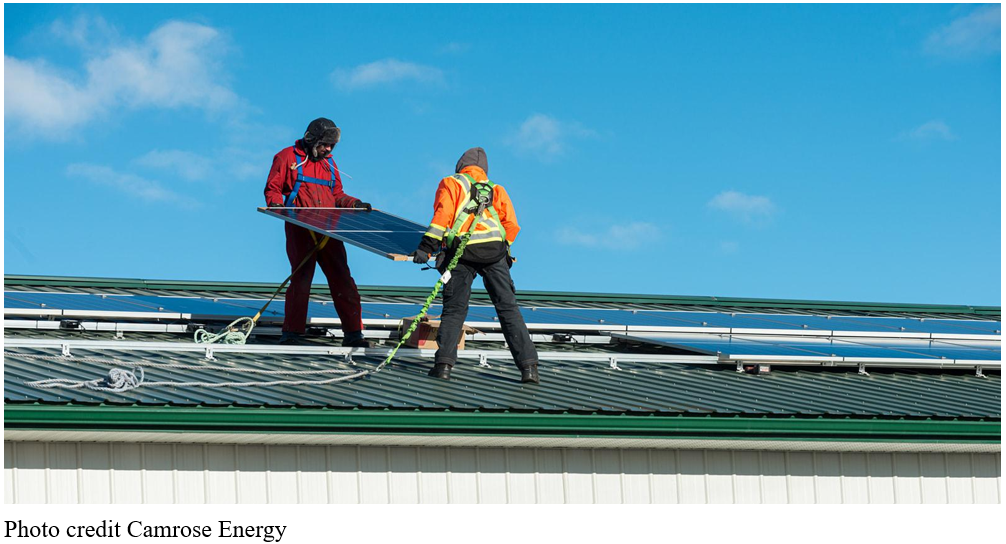
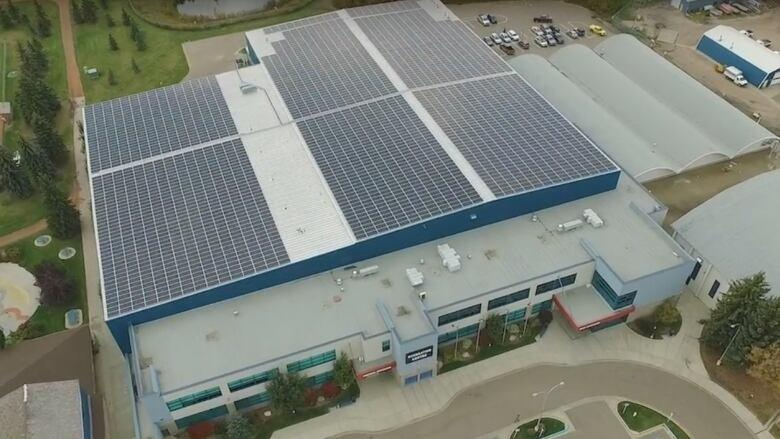
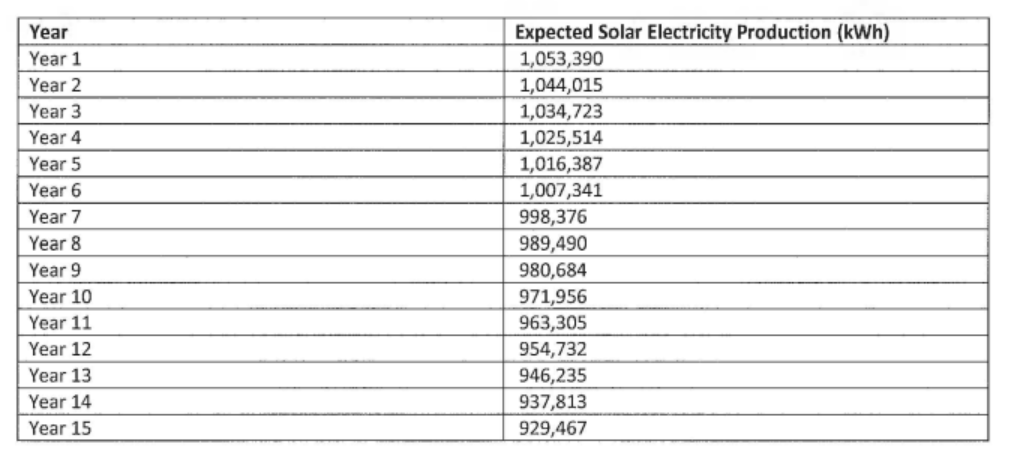



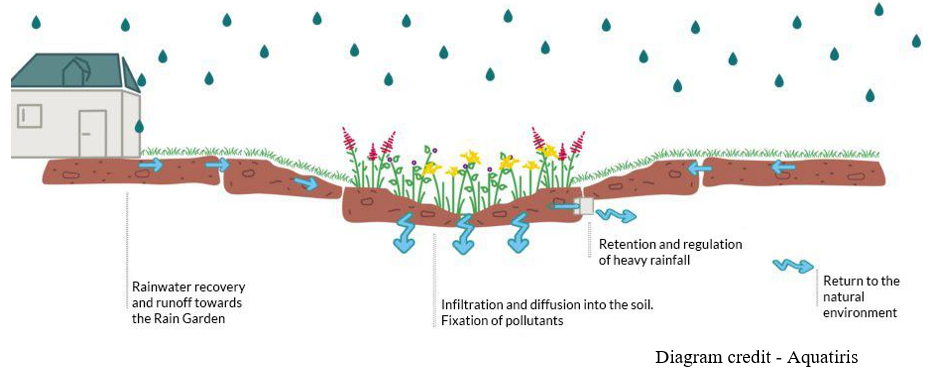














 We are confident that our efforts will have widespread support among Camrose residents. You can help. There will be volunteer tree planting opportunities and we hope you will consider joining us.
We are confident that our efforts will have widespread support among Camrose residents. You can help. There will be volunteer tree planting opportunities and we hope you will consider joining us.
